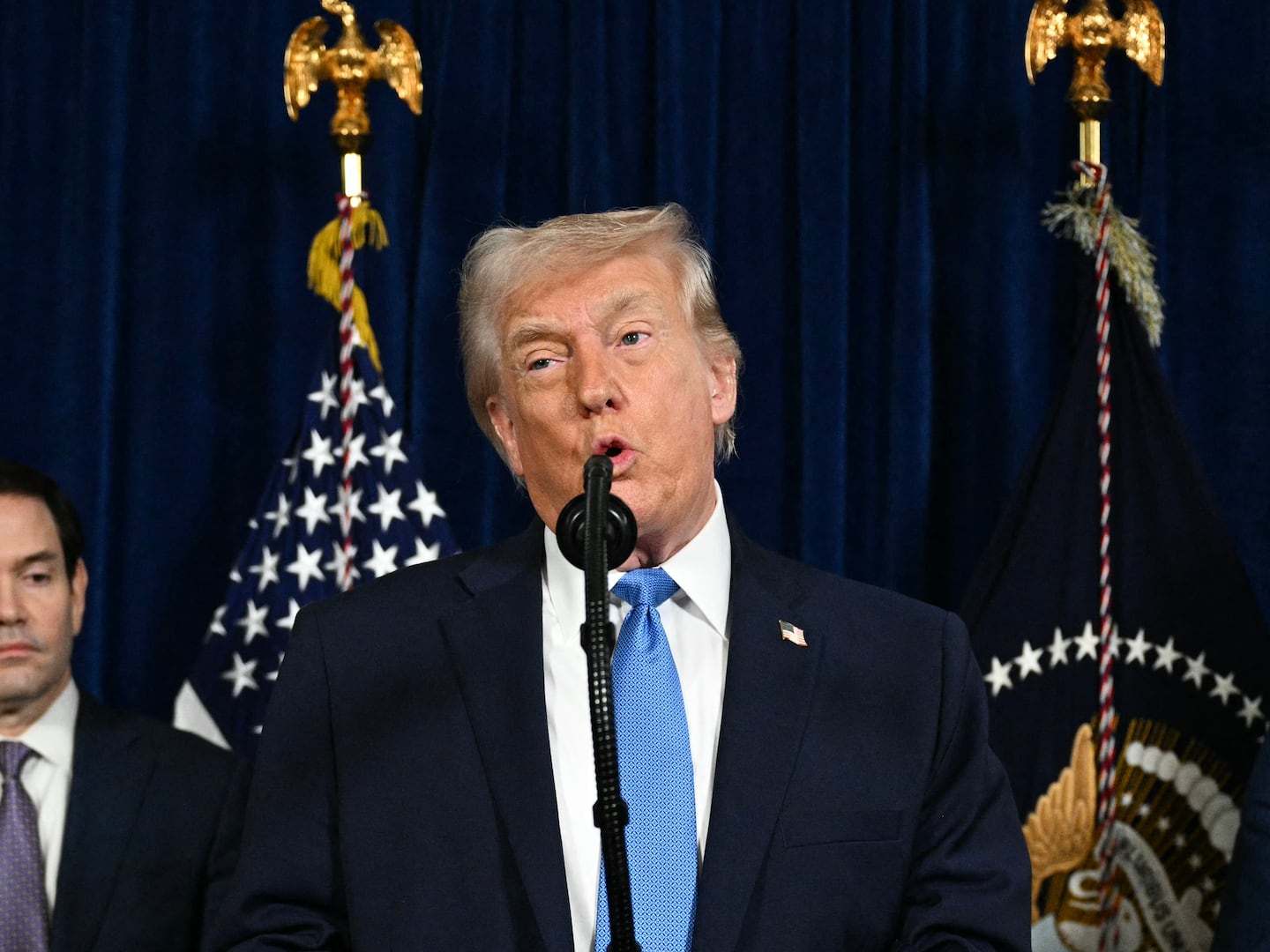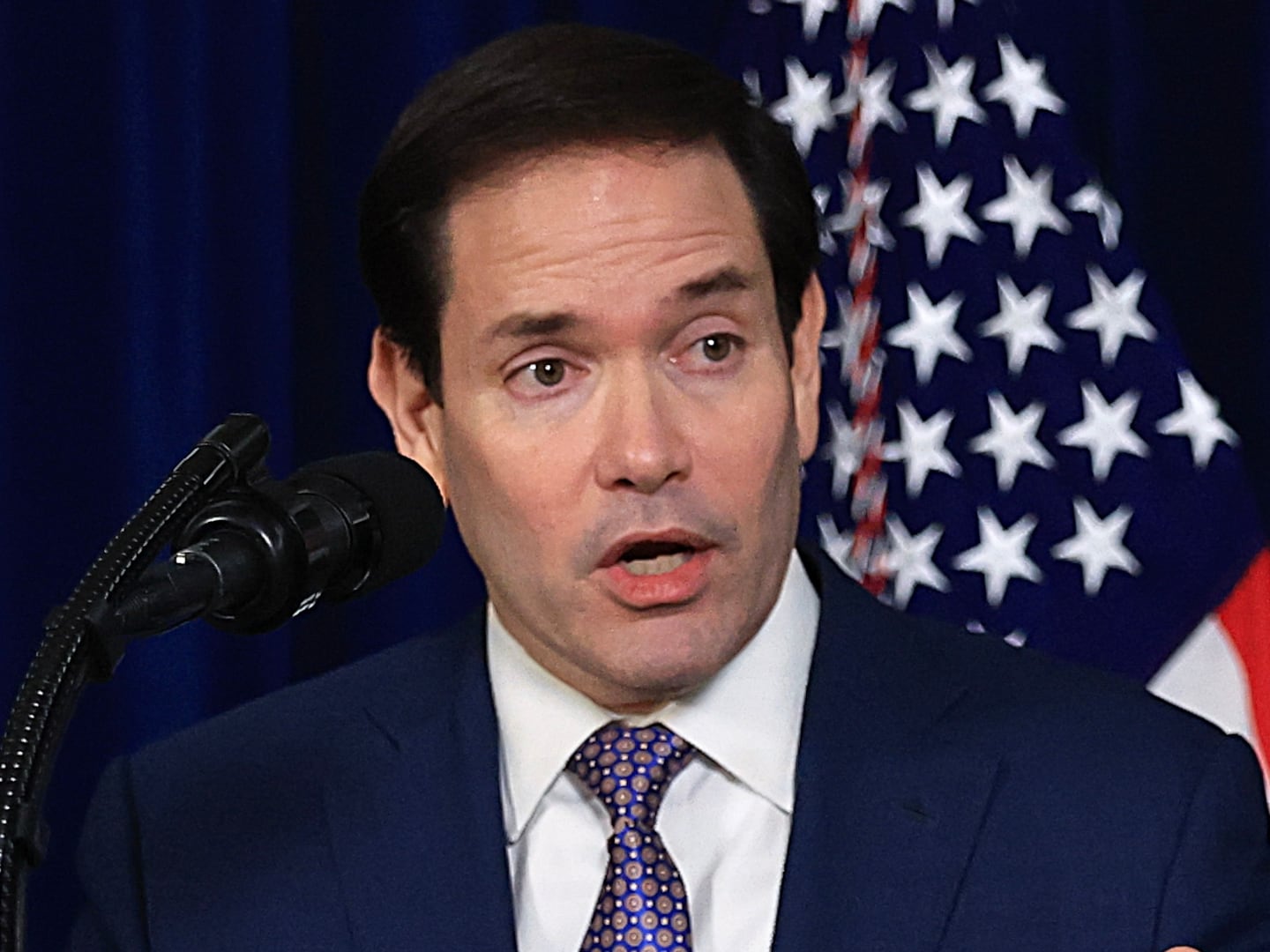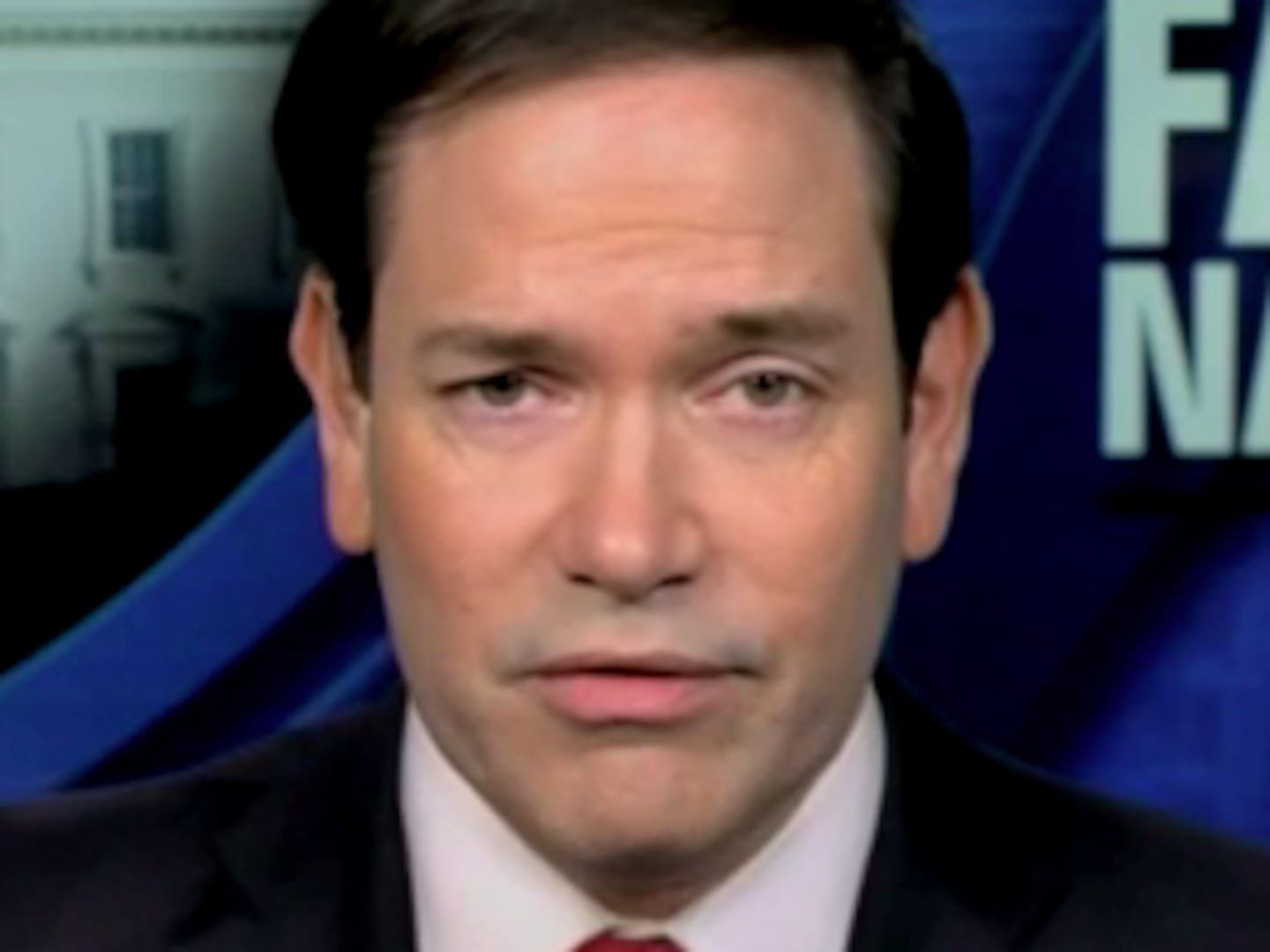Senate Democrats are plotting aggressive tactics to force Republicans to consider legislation that would effectively shield special counsel Robert Mueller from presidential interference.
The party’s Senate leaders have been internally discussing the prospects of tying legislation to a must-pass government funding bill that must be considered by Feb. 8. Senate Minority Leader Chuck Schumer (D-N.Y.) said on Tuesday that he would “very much like to” merge those two efforts. And the appetite among the rest of the caucus for doing so is surprisingly strong, aides and lawmakers say..
“I’m keenly supporting those pieces of legislation and I think the continued arrows shot at the department and the knowledge that they took one run at Mueller already is a sign that we need to find a way to get this done,” Sen. Sheldon Whitehouse (D-R.I.) told The Daily Beast. “I agree with any strategy that helps get it done. That’s the prime goal.”
Sen. Cory Booker (D-N.J.), a co-sponsor of one measure to shield Mueller, told The Daily Beast that the party should do “anything we can do to get this done as quickly as possible.”
But such a strategy does not come without risks. Democrats have few, if any, levers to force Republicans to add legislation shielding Mueller into a government funding bill. And if the GOP chooses not to do so, Schumer would have to either accept defeat or choose not provide the votes needed to keep the government open until it is included.
“I think we need to think carefully about how we’re approaching it. My priority is to get the funding bill done,” Sen. Jeanne Shaheen (D-N.H.) told The Daily Beast, expressing concern that a political fight over shielding Mueller could imperil ongoing budget talks.
Democratic aides stressed on Tuesday that no lawmaker was considering, let alone advocating for, a strategy that would use the threat of a shutdown to force consideration of the special counsel protection legislation. The conversation, one aide said, was merely about mounting an aggressive campaign to encourage GOP officials to consider placing that legislation in a government funding bill.
But even that push has potential downsides. As one aide noted, it could complicate efforts to present the legislation—which has Republican co-sponsors—as being the product of bipartisan consideration and concern.
“One thing I will say is a strong issue is we don’t want this to be seen as a Democratic thing,” said the Senate Democratic aide. “The second it ends up on a Democratic wish list for negotiations we fell like it is an unhelpful place to be.”
In addition to exploring how to leverage a government-funding fight, Democrats are also considering other avenues for elevating the Mueller-shielding legislation. Some ideas are more dramatic than others, including a proposal to have a member launch a filibuster-like speech on the floor to tout the necessity of legislation.
“The only way you get it into law is to put a spotlight on it,” said Dan Pfeiffer, President Barack Obama’s former communications director. “What you need to do is get Republicans on the record and force them to say they are for it or not. But the only way to do that is to make it an issue.”
Such an idea has been executed before, notably by Sen. Rand Paul (R-KY.) when he spoke for 13 hours straight about America’s drone policy. “Really you just need someone who has strong legs and a large bladder,” said Pfeiffer.
But inside the Democratic caucus, there is little apparent appetite to engineer a similar spectacle. At least not now. Instead, the party is also looking into making a heightened push to force a merger of the two existing bills—which are still being reconciled—through the Senate Judiciary Committee and on to the Senate floor.
Democrats feel as if they may be able to push a bill through that committee since the chairman, Sen. Chuck Grassley (R-IA), has held a hearing on the matter and appeared open to supporting it. But the bill would inevitably face a tough path forward through the Senate. On Tuesday, Majority Leader Mitch McConnell (R-KY) declared that he saw no need for the legislation, even amid recent reports that Trump ordered that Mueller be fired last June, only to be talked down by his White House counsel, Don McGahn.
Both pieces of legislation were introduced in August amid Trump’s suggestions that the special counsel was conducting an unfair investigation that included his finances. The exact mechanics behind both bills are slightly different, but they both provide a legislative backstop in the event that Mueller—or any special counsel going forward—is removed without cause.
Both pieces of legislation also have a Republican co-sponsor—Sens. Lindsey Graham (R-S.C.) and Thom Tillis (R-N.C.). But in recent weeks Tillis’ enthusiasm for passing a bill has cooled. And aides involved in merging the two pieces of legislation say that progress has been uneven.
Democrats had hoped—indeed, assumed—that revelations that Trump had flirted with firing Mueller would compel more Republican lawmakers to support the measures. But the absence of that groundswell has convinced some members that they need to more aggressively demand that their counterparts take a position one way or another.
“I have to say I’m really appalled by our Republican colleagues in reference to this,” Schumer said on Tuesday. “They’ve always been defenders of the FBI and protagonists of Putin, and they seem to have flipped. They remind me of a movie: The Silence of the Lambs. They’re just not saying a thing. But we are going to push hard to get it in.”







